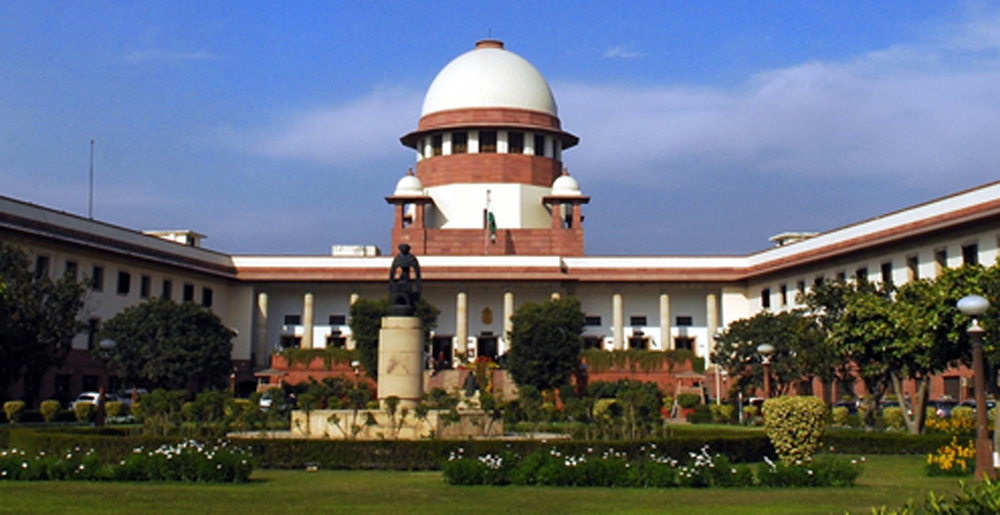The Supreme Court has granted bail to over a dozen people sentenced to life in jail for one of the post-Godhra massacres in which 23 people were burnt alive. The relief has been granted on the condition that the convicts would carry out “spiritual pursuits” and “social service” and not enter Gujarat till their appeals are decided.
A bench of Chief Justice S.A. Bobde and Justices Bhushan Gavai and Surya Kant handed the written order on Tuesday on an appeal by Prahaladbhai Jagabhai Patel and at least 13 others challenging the life sentence awarded to them by Gujarat High Court.
This is the first time the Supreme Court has granted bail on the condition that the convicts would pursue a spiritual path. The order could now act as a judicial precedent.
Under Article 142 of the Constitution, the Supreme Court has the power to pass any orders/judgments/directions to render complete justice to the various parties/litigants in a dispute.
The convicts are serving time for the riots in Ode town in Anand district, said a lawyer for the petitioners.
In the Ode case, the convicts were awarded life imprisonment by Gujarat High Court in 2010 and appealed against it in the Supreme Court. Pending disposal of their appeal, the convicts had sought bail.
Tuesday’s Supreme Court order had not been uploaded on its official website till Tuesday night.
The court said the convicts would devote at least six hours every day to “spiritual” and “social” service that would be closely monitored by the Indore Legal Services Authority and the Jabalpur Legal Services Authority, respectively. The legal services authorities would file their compliance and monitoring reports to the court periodically.
The authorities would also facilitate their livelihood services, the court added.The bench headed by the Chief Justice passed the directives after the defence counsel contended that the conviction was based on the testimonies of either a solitary witness or two witnesses. Six of them were convicted on the basis of the testimony of a solitary witness and eight on the basis of the testimonies of two witnesses.
The counsel cited the judicial doctrine laid down by the apex court that “bail is a right and jail an exception” and also argued that the convicts, when out of jail either on furlough or parole, had never misused their liberty.
In October 2010, the apex court, while granting bail to then Gujarat home minister Amit Shah in the Sohrabuddin Sheikh fake encounter case, had asked him to stay out of Gujarat and remain in Mumbai.
Subsequently, in September 2012, the court modified the bail conditions and permitted him to enter Gujarat but cautioned him from influencing witnesses. Amit Shah was subsequently discharged by a trial court.











